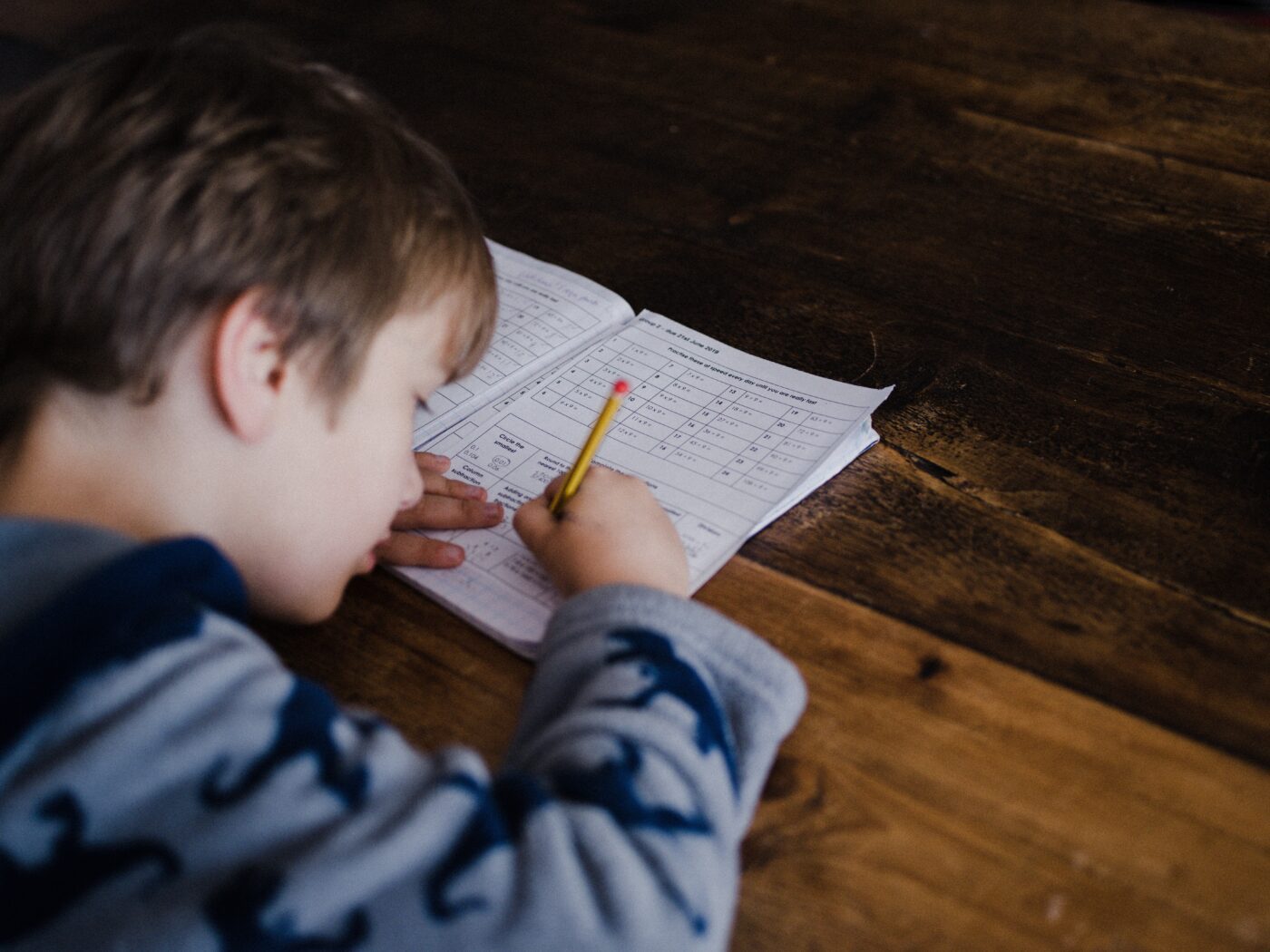Tips for preparing children to return to school:
Leading Child Psychiatrist shares advice
As lockdown is eased, we must all start preparing for the “new normal” which includes children returning to school.
Many children have enjoyed the looser structure with later bedtimes, more screen time, no school commute and no school uniform. They have also enjoyed spending more time with their parents, especially those whose parents who previously had hectic work schedules with long hours, so it’s not surprising that returning to the structure of school may be unsettling for a fair proportion of children, especially with the new social distancing protocol in place.
Dr Maite Ferrin, Consultant Psychiatrist at leading brain and mind clinic Re:Cogntion Health shares her advice on easing children in to the “unlockdown” and preparing them for school:
It’s natural for very young children to feel anxious when they say goodbye to their parents. In early childhood and up to the age of four, reaction to separation are a normal part of a child’s development. Kids can display varying emotions from very little worry through to clinginess and tantrums, all of which are healthy reactions to separation and a very normal stage of development. This is related to the attachment or the bond that the child has with their parents. The intensity of this anxiety varies from child to child and tends to gradually reduce with time. If separation anxiety doesn’t go away or is excessive enough to interfere with everyday life activities it may be a sign of a larger problem called separation anxiety disorder.
For some children, going back to normal routines after the pandemic might present extremely difficulty. Some children might become anxious about something happening to them or to their parents, especially when they have perceived that “the risk” of getting infected is still there. For this reason, some children, especially the younger ones or the most sensitive and vulnerable, can become extremely anxious about separating from their parents. They can even refuse to leave the house, where they feel totally safe, or even struggle if their parents have to leave the house and return to work. With so much uncertainty, children may become fearful of the “new reality” and how life as they knew it has changed. In addition, during these difficult times, most children have spent much more time with their parent, strengthening their bond and reliance.
Preparing our children to go back to “normal routines” is essential in helping them adapt and adjust to returning to school. Children have to be reassured that they are safe and that things are under control. We will need to explain this is a “new normal life”, which might be different from the previous existing experience but nevertheless having a number of advantages too.
Top Tips to help prepare children to return to school:
- Establish the school routine in advance: earlier bedtime and waking time, getting dressed, having breakfast and brushing teeth before starting the day. This will ensure their wake / sleep pattern is adjusted adequately in advance and the routine is not unsettling on their first day back.
- Implement a school like structure at home through the day with set learning, break and play times where possible. Children love and thrive on routines and this will prepare them for the return.
- Limit devices and television gradually – they won’t be allowed regular access to these in the school learning environment so important to reduce this in advance.
- Talk to children about the changes that will be made at school to prepare them for the differences. This may include new drop off routines, frequent handwashing, social distancing, learning methods and how lunch and play times may be different to how they were previously. Contact your school for their protocols so you can discuss them.
- It’s important for children to feel safe, loved and reassured at all times so it’s imperative that you have open lines of communication, delivering honest age-appropriate information.
- Watching the news can be very negative and can really impact the mood and feeling of security for a child, so it’s advisable to limit the amount of news children are exposed to, especially for the younger ones.
- Some children may benefit from a conversation with one of their friends at school in advance of returning, which can be done via video through various conferencing apps. This will enable them to familiarise themselves with their peers and gain confidence before the first day, assuring them that they aren’t alone and give an opportunity for them to share their feelings.
- Focus on the positives – there is always a rainbow after the rain!
 Visit our USA website
Visit our USA website





